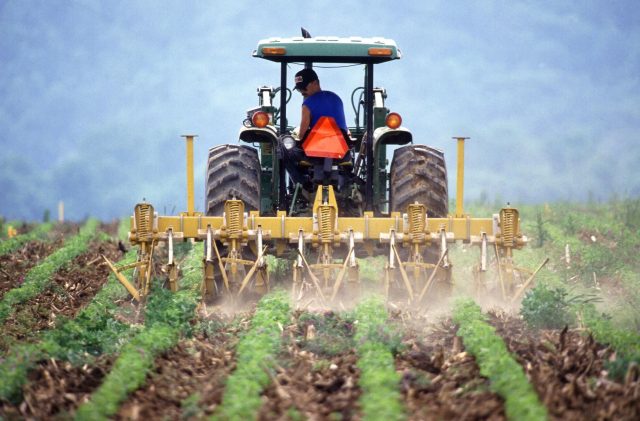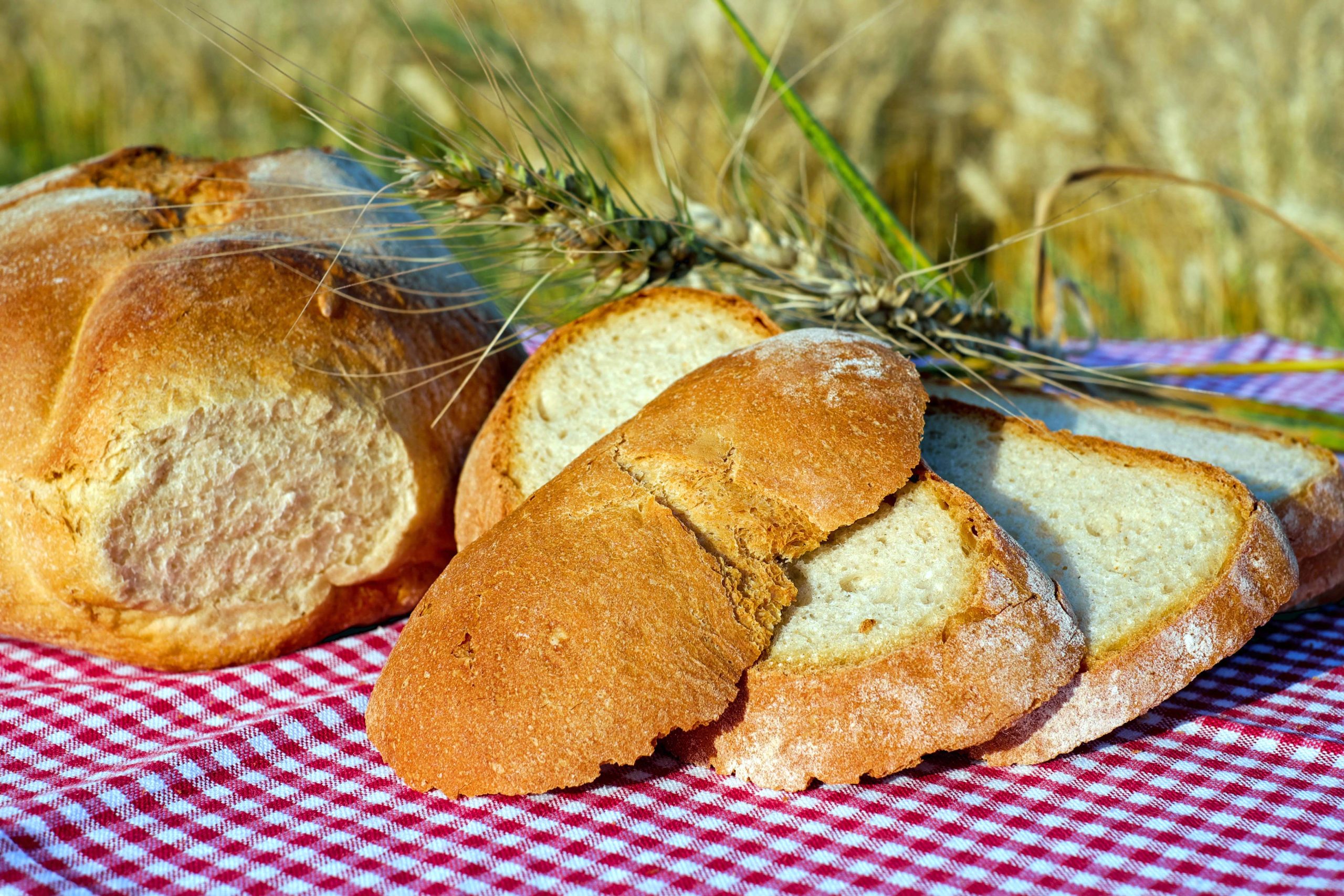
Far from over, European farmers’ protests – which have swept across several European countries from west to east since last autumn – resumed in force earlier this year. The protests have different triggers, but converge in their discontent with the EU’s new agricultural policy and the latest environmental regulations, which have become too costly for them to implement.
Governments in Europe’s strongest economies are having to backtrack and temporarily abandon some measures they had intended to take to implement environmental policies. Faced with the increasingly furious anger of protesters, leaders in Brussels, on the eve of the European Parliament elections, decided at the 12th hour that a “strategic dialogue” with the agricultural sector was needed. Prior to its launch on the 25th of January, European Commission representatives met with agriculture ministers from the 27 member states, some of whom arrived at the talks in Brussels with a “mandate” from farmers, such as Romanian official Sorin Barbu.
Conclusions of the discussion: the EU must ensure the conditions for farmers to guarantee food security in a sustainable and profitable way. Specifically, in the document issued at the end of the meeting, the Council said that agriculture must receive “adequate” funding.
“The discontent of our farmers is real and is already being expressed in the streets across the European Union. If we don’t understand that our farmers need real support, not additional hindrances to getting production, we can all walk away from our jobs. Including you, Commissioner!” Romanian Agriculture Minister Sorin Barbu told the meeting, addressing Agriculture and Rural Development Commissioner Janusz Wojciechowsk.
Farmers’ form of protest differs from country to country
The recent farmer protests differ from country to country, from the main grievances shouted in the streets to their scale. While in Germany farmers protested against the abolition of diesel subsidies, in Spain they protested against the reduction of water allocations, and in France against the postponement of the adoption of the agriculture law and, more specifically, the increase in the cost of irrigating farmland. In general, farmers’ declared and undeclared grievances are about rising costs, amid inflation, tax increases and overly strict environmental regulations. The scale of the demonstrations is growing and risks disrupting economic life. Moreover, in France, it has already claimed its first victims – a woman farmer has lost her life and her husband and daughter are seriously injured after a car tried to force its way through a demonstrators’ roadblock. Earlier, in other cities, protesters blocked access to a nuclear power plant. In Germany, a farmers’ protest halted production at a Volkswagen plant. Convoys of tractors and lorries caused traffic chaos in many regions and blocked several cities. In both France and Germany, people threw buckets of manure at the gates of institutions. This was not a first, with similar attitudes reported from last year’s protests in the Netherlands. Farmers in Belgium, Spain and Ireland have also protested against the impact of environmental measures and their costs. One of the longest-running and most violent protests by European farmers took place in the Netherlands, where farmers have for several years opposed government measures to drastically reduce livestock numbers to combat nitrogen pollution.
Imports of cheap grain from Ukraine have driven Eastern European farmers into the streets
Farmers protested last year and continue to protest in 2024 and in Central and Eastern Europe. Here, however, their main grievance is about the import of cheap grain from Ukraine and the unfair competition that agricultural products from that country are giving to domestic ones in the absence of tariffs. In addition to this unfair competition, it is also known that some of Ukraine’s agricultural products do not meet the quality standards imposed by the European Union.
Large-scale protests are currently taking place on this issue in Poland – where farmers have temporarily reached a “truce” with the new minister, who has only been in office for a few weeks – and in Romania, which is facing at least three rounds of elections this year – European parliamentary, local and presidential. Protesters and others – including all the governments of Ukraine’s neighbouring member states – are waiting for Brussels to present proposals for new duty exemptions for Ukrainian agricultural products, which would come into force in the second half of this year.
Whoever controls the food controls the people
All these protests, generated by discontent, attract the attention of extremist parties and conspiracy movements. According to the BBC, quoted by The Guardian, this is also the case in Germany, where the far right wants to start a revolution in Germany and take advantage of these demonstrations. So conspiracy messages have emerged such as: “Whoever controls the food controls the people”.
Results of a poll quoted by dpa (Deutsche Presse-Agentur) show that more than two-thirds of Germans, 68%, support farmers’ protests against government plans to eliminate subsidies, including the exemption from excise duty on diesel fuel for agriculture, which has been in place for more than 70 years. Under pressure, the executive has decided on a gradual reduction over the next three years, instead of a sudden abolition as planned. And that’s after Chancellor Olaf Scholz’s cabinet backed away from scrapping the vehicle tax exemption for farmers. But that’s not enough. Pollution taxes are putting an increasing burden on farmers, and the measures come after years of energy crisis and pandemics, in which production and living standards have been seriously affected.

In the Netherlands, farmers’ protests have ended with the formation of a farmers’ party, the BBB. Although it had a single objective – to fight the environmental policies of Mark Rutte’s government – the BBB dealt a major blow to his party, the VVD, in provincial elections, putting it in a fragile position in the country’s Senate.
In Romania, not a single farmer showed up at a three-day protest authorised by the city hall in the centre of Bucharest. The reason – Romanian farmers didn’t want to associate with the organiser, an independent, nationalist politician who organised it for them. Subsidies received over the years and the continued use of fossil fuels and pesticides – these are the common points of recent protests by European farmers. In other words, defending the status quo, says Jan Douwe van der Ploeg, a former professor at Wageningen University in the Netherlands, quoted by DW. The three points listed by the agricultural specialist are the characteristics of industrialised agriculture. Or that is precisely what the EU no longer wants.
“There are many voices that should be taken into account, who say that agriculture is getting too much, that it is turning into an industry and that it is not worth investing public money here,” Agriculture Commissioner Janusz Wojciechowski explained at the end of last year, announcing that subsidies could disappear in the not too distant future, somewhere around 2027.
In the same context, the Brussels official stressed that CAP standards are optional for farmers. In other words, those who opt out of subsidies no longer have to comply with environmental obligations. European farmers’ environmental obligations have increased since the new Common Agricultural Policy came into force last year. The form adopted by the European Parliament has relaxed the restrictions proposed by the commission, at least on some key, hotly debated points: restoring degraded agricultural ecosystems, polluting emissions from large livestock farms – the text will eventually exempt cattle farms, but will target pig and poultry farms and protect wolves. MEPs also rejected a draft law on nutrition labelling and one on reducing pesticide use. The initiative to launch a strategic dialogue with the agricultural sector was proposed in September 2023 by Commission President Ursula von der Leyen, who called for less polarisation around the Green Pact.



 Subscribe
Subscribe